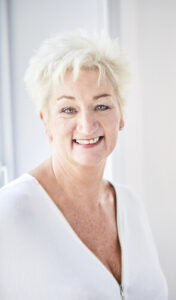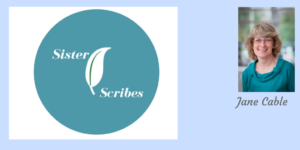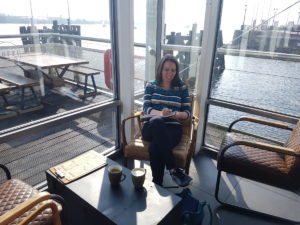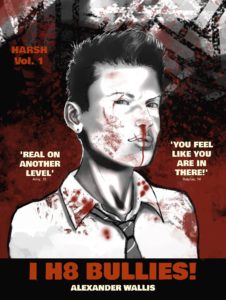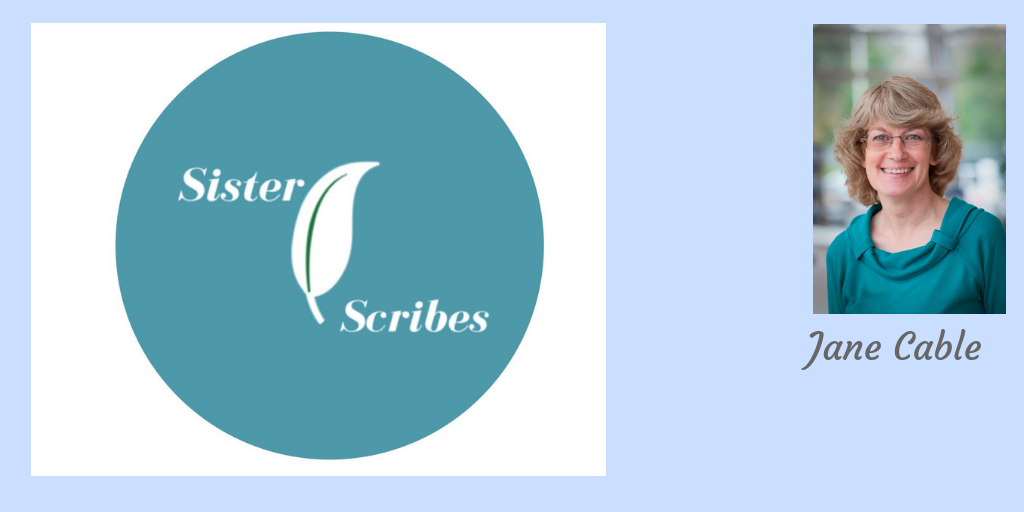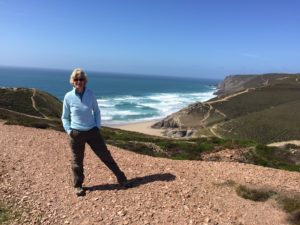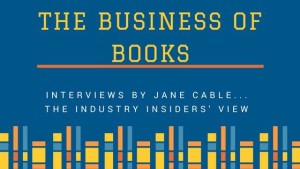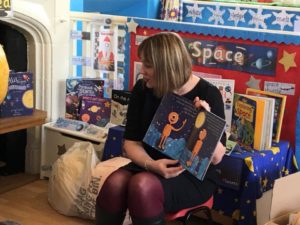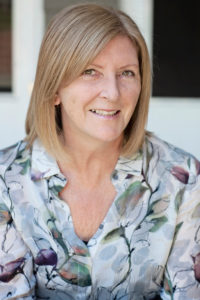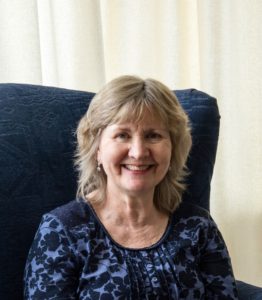Writing is, for me, like breathing: I feel oxygen-starved without it, and it has the same natural rhythms, dips and soaring highs. It is also my dominant ‘voice’ since I tend to be a listener, rather than a talker, in many situations.
I do not remember learning to write per se, but I do recall a wonderful ‘Aha!’ moment, when I was five or six, when I suddenly made the connection between the five letters which made up my nickname, its sound and the fact that it was part of me!
I wrote a play when I was eleven – and have it still, neatly written in a little blue exercise book. This was during the summer of 1969, just after my class watched the Moon Landing – and as I waited to start grammar school, having passed the 11+.
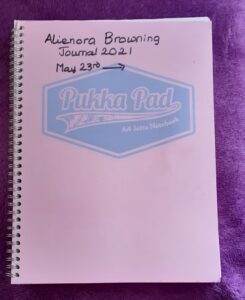 I can see that younger self, sitting in the hammock in the back garden, pen in hand, sun shining down on my hunched back, scribbling away – and feel the wave of creative excitement which lifted me up and suspended me, briefly, above the everyday world.
I can see that younger self, sitting in the hammock in the back garden, pen in hand, sun shining down on my hunched back, scribbling away – and feel the wave of creative excitement which lifted me up and suspended me, briefly, above the everyday world.
My now-nearly-fifty-year journal-writing habit started by accident (in the sense that I had never thought of such a way of expressing myself until then) in early January 1972.
Two days before my fourteenth birthday, a group of us from my school went to Glasbury, in Wales, for a fortnight of physical activity: climbing, canoeing, camping, gorge-walking and so forth. As part of the course, we were each given a pale green notebook – and asked to keep a diary account of our experiences.
I fell in love with this means of expression immediately – and, while most of the girls loathed having to do it every day, I relished the exercise and very much felt as if I had found my voice, as a girl and as a writer; in fact, so enamoured of it did I become that I ended up filling two green books!
I now have over a hundred volumes of the journal, currently stashed away in a safe space – and use it almost every day (though there are, inevitably, gaps over the years and decades), even writing in it whilst in labour and on the day my son was born!
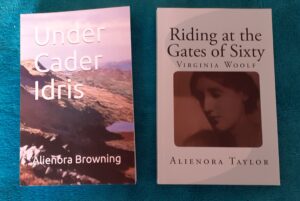 The novel-writing came upon me towards the end of my time at Aberystwyth University – and early drafts of books won me an honourable mention, a third prize and a first prize in local South West Arts Writers in Progress awards.
The novel-writing came upon me towards the end of my time at Aberystwyth University – and early drafts of books won me an honourable mention, a third prize and a first prize in local South West Arts Writers in Progress awards.
Motherhood, marriage and full time teaching very much put the novel-writing side of things on the back burner – and it was only when I took early retirement in 2011 that I was able to complete previous books and write more.
I now have seven books published via Amazon and KDP (all available as both e-books and paperbacks) – and ideas for an eighth are bubbling excitedly away in my creative cauldron.
The truth is very simple: I absolutely love writing – and that intimate, joyous connection between mind, hand, pen and paper never fails to delight and inspire me.



